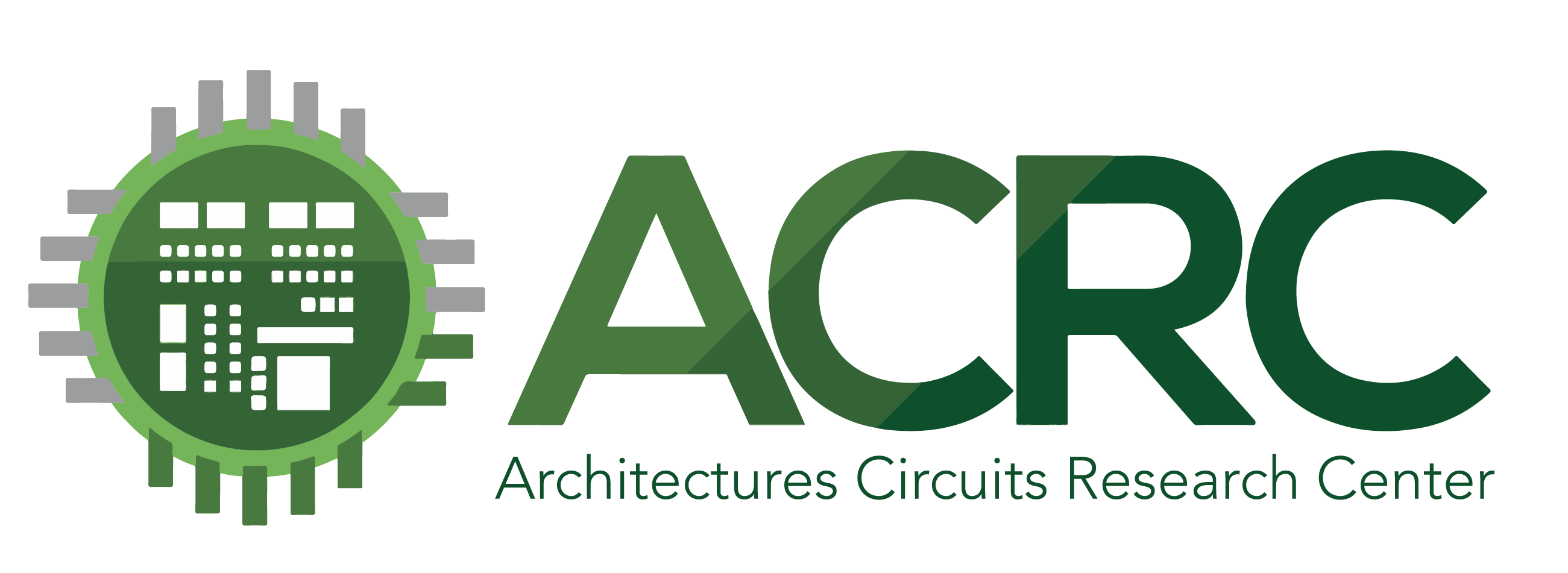Supervisor: Prof. Volkan Kursun
Place: Technion
Date: 22.6.08
Abstract:
CIRCUIT DESIGN TECHNIQUES FOR LOW-POWER AND ROBUST NANOSCALE INTEGRATION
DAY, 1 22 June 2008
9:30-11:00 Domino logic and body biasing
11:30-13:00 Multi-Threshold circuits (MTCMOS)
14:00-15:30 Memory circuits
16:00-17:30 Power supply switching and voltage conversion circuits
DAY 2, 23 June 2008
9:30-11:00 Design techniques for variation tolerant circuits
11:30-13:00 Temperature-adaptive circuits
14:00-15:30 Designing with FinFET transistors I
16:00 – 17:30 Designing with FinFET transistors II
Volkan Kursun
Assistant Professor
Biography
Volkan Kursun received the B.S. degree in Electrical and Electronics Engineering from the Middle East Technical University, Ankara, Turkey in 1999, and the M.S. and Ph.D. degrees in Electrical and Computer Engineering from the University of Rochester, New York in 2001 and 2004, respectively.
He performed research on mixed-signal thermal inkjet integrated circuits with Xerox Corporation, Webster, New York in 2000. During summers 2001 and 2002, he was with Intel Microprocessor Research Laboratories, Hillsboro, Oregon, responsible for the modeling and design of high frequency monolithic power supplies. He has been an assistant professor in the Department of Electrical and Computer Engineering at the University of Wisconsin-Madison since 2004.
His current research interests are in the areas of low voltage, low power, and high performance integrated circuit design, modeling of semiconductor devices, and emerging integrated circuit technologies.
Dr. Kursun is an associate editor of the IEEE Transactions on Very Large Scale Integration (VLSI) Systems, the IEEE Transactions on Circuits and Systems I, the IEEE Transactions on Circuits and Systems II, and the Journal of Circuits, Systems, and Computers (JCSC) and an organizing / technical program committee member of the IEEE/ACM International Symposium on Low Power Electronics and Design (ISLPED), ACM/SIGDA Great Lakes Symposium on VLSI (GLSVLSI), IEEE International Symposium on Circuits and Systems (ISCAS), IEEE/ACM Asia and South Pacific Design Automation Conference (ASPDAC), IEEE Asia Pacific Conference on Circuits and Systems (APCCAS), and the IEEE/ACM International Symposium on Quality Electronic Design (ISQED).
Contact:
Phone: 608-262-8804
Fax: 608-262-8804
E-mail: kursun@engr.wisc







